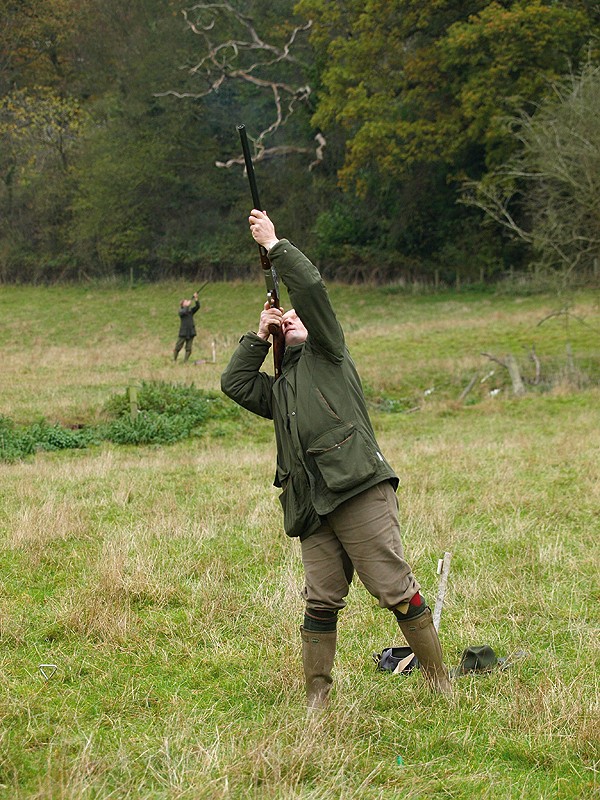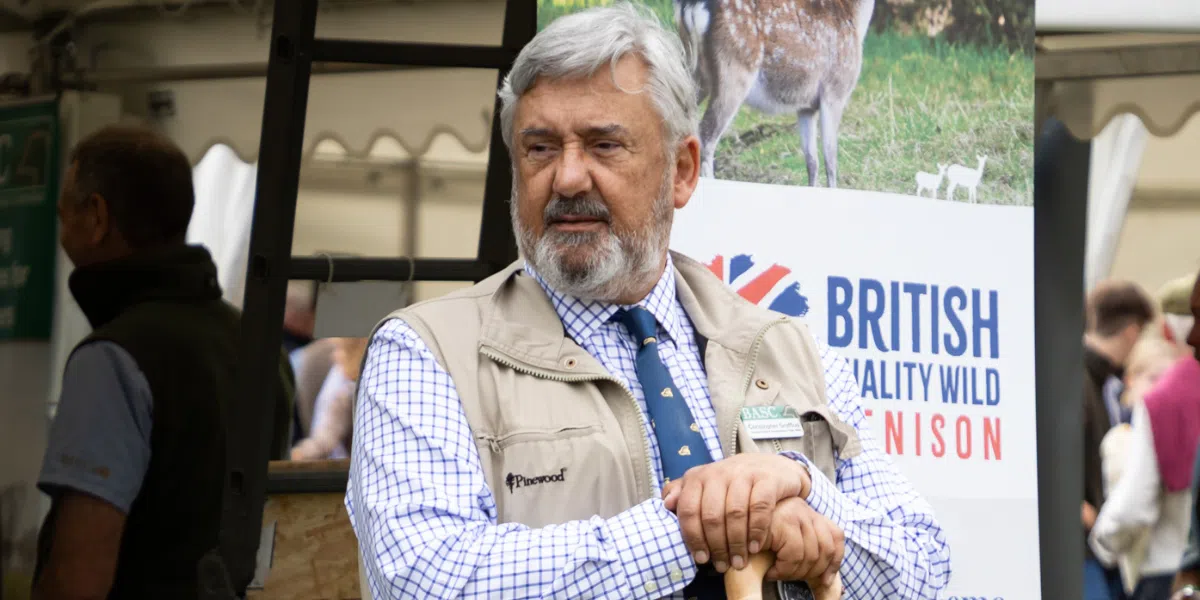★ Win a Schöffel Country shooting coat for everyone in your syndicate worth up to £6,000! Enter here ★
Firearms legislation – Whitehaven probe clears police licensing procedures
<strong>ACPO inquiry into certificate licensing admits no changes in the law would have prevented shootings by Derrick Bird</strong>

The review of Cumbria police?s gun licensing procedures prompted by the Whitehaven shootings was published last week. It found that the constabulary followed the legal procedures correctly in granting Derrick Bird certificates for a side-by-side hammerlock shotgun and a .22 rifle which he used to shoot his victims and concluded that no reasonable opportunities within the gun licensing system could have prevented him from killing 12 people.
In his review, the chairman of the Association of Chief Police Officers, (ACPO) Firearms and Licensing Working Group Adrian Whiting wrote: The details of these circumstances do not give rise to any immediately obvious changes that need to be made either in Cumbria Constabulary or in law, such as would have readily prevented the offences from being committed. However, he went on to suggest a number of changes that may usefully improve public safety overall.
Mr Whiting recommended that people who receive wholly suspended sentences of jail terms of three months or more would in future be automatically classed as a prohibited person and banned from holding a gun licence for five years. In 1990, Derrick Bird was given a six-month prison sentence, suspended for a year, after he was convicted of two counts of theft and one count of handling stolen goods. Mr Whiting wrote: I cannot say it would have made a difference in this case, but it would have been another significant factor to take into account.
The rest of this article appears in 10th November issue of Shooting Times.
What is YOUR opinion?
Join other ST readers in our forums to discuss your views.
Like this article? Mark this page on a social bookmarking website…
Related Articles
Get the latest news delivered direct to your door
Subscribe to Shooting Times & Country
Discover the ultimate companion for field sports enthusiasts with Shooting Times & Country Magazine, the UK’s leading weekly publication that has been at the forefront of shooting culture since 1882. Subscribers gain access to expert tips, comprehensive gear reviews, seasonal advice and a vibrant community of like-minded shooters.
Save on shop price when you subscribe with weekly issues featuring in-depth articles on gundog training, exclusive member offers and access to the digital back issue library. A Shooting Times & Country subscription is more than a magazine, don’t just read about the countryside; immerse yourself in its most authoritative and engaging publication.







